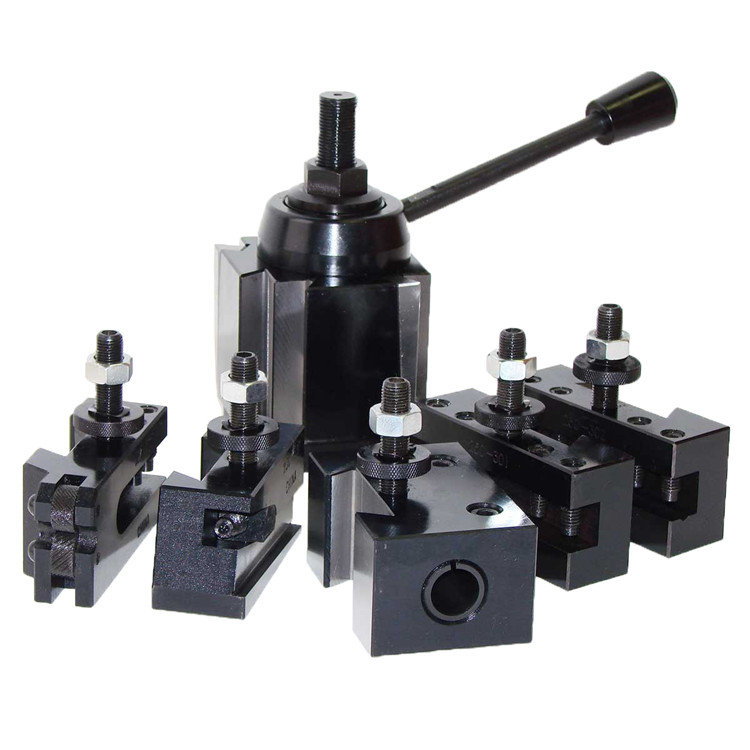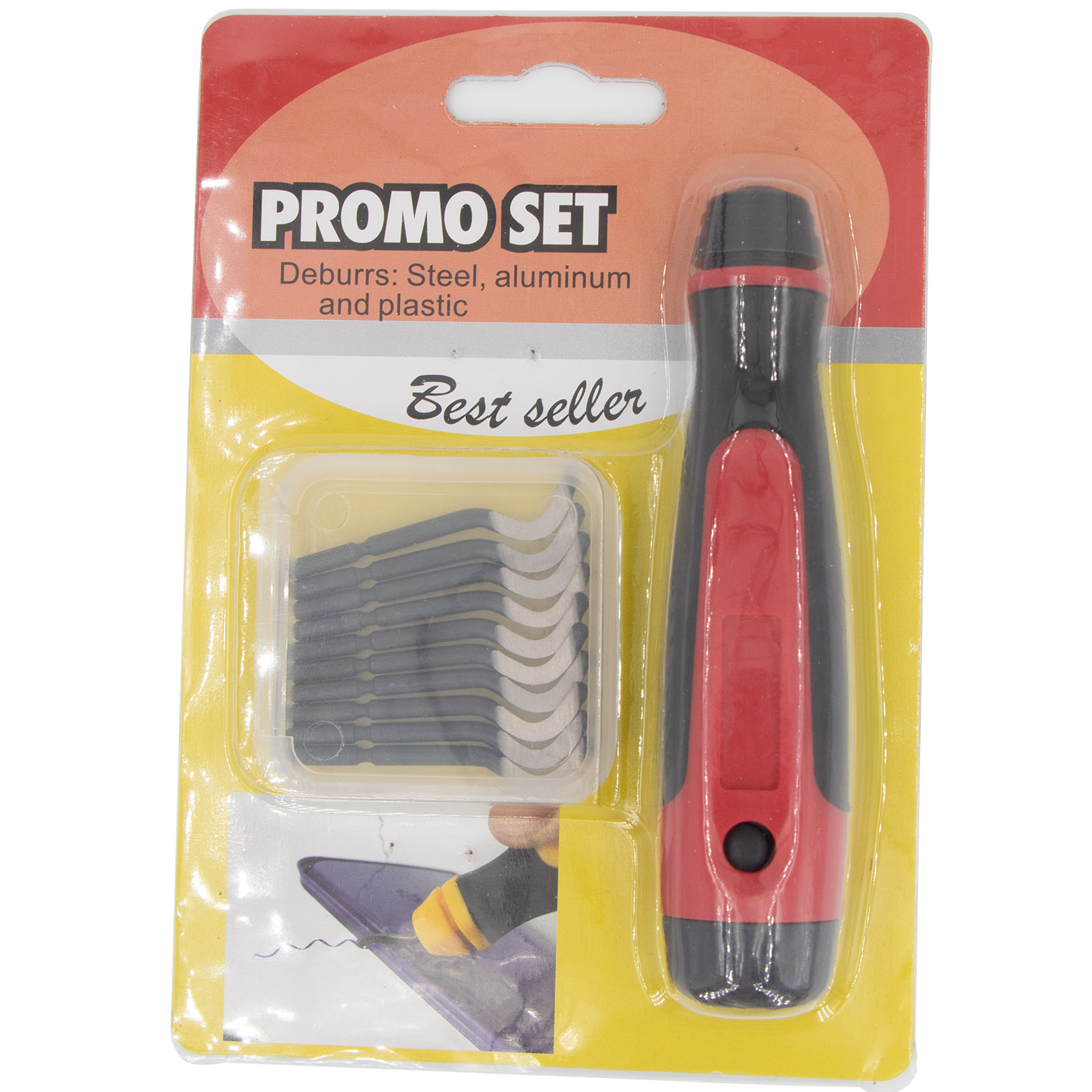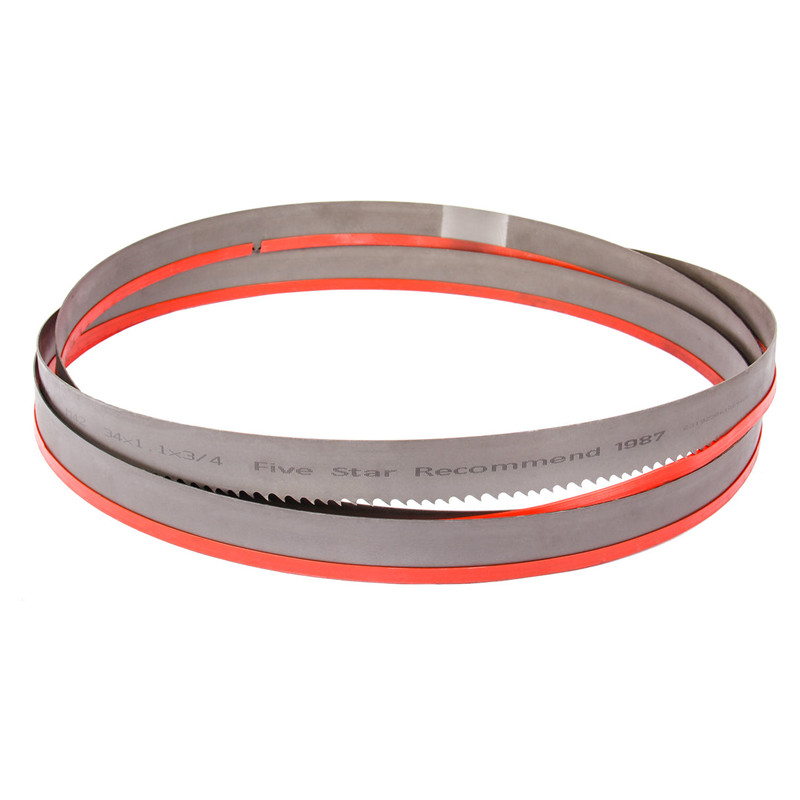Thread Plug Gauge Manufacturer
A thread plug gauge is a precision tool used to inspect the internal threads of a workpiece to ensure they meet specified dimensional tolerances. These gauges are essential for quality control in manufacturing, ensuring interchangeability and proper fit of threaded components. This guide explores different types, applications, and selection criteria, providing valuable insights from Wayleading Tools, a reputable thread plug gauge manufacturer.
Understanding Thread Plug Gauges
What is a Thread Plug Gauge?
A thread plug gauge, also known as a GO/NO-GO gauge, is used to verify if an internal thread falls within acceptable limits. It typically consists of two ends: a 'GO' end that should easily screw into the threaded hole, and a 'NO-GO' end that should not enter more than a specified number of turns (usually 2 or 3). This simple test quickly determines whether the thread is within tolerance.
Types of Thread Plug Gauges
Several types of thread plug gauges cater to different thread standards and applications:
- GO/NO-GO Gauges: The most common type, used for basic thread verification.
- Taperlock Gauges: Designed for high-precision applications and offer greater rigidity.
- Trilock Gauges: Similar to taperlock gauges but with a three-sided handle for improved grip and stability.
- Wire Thread Insert (STI) Gauges: Specifically designed for inspecting threads that accommodate wire thread inserts (helical coils).
Wayleading Tools offers a comprehensive range of thread plug gauges, including custom designs to meet specific needs. Contact us for more information.
Applications of Thread Plug Gauges
Thread plug gauges are indispensable in various industries where threaded components are used. Here are some key applications:
- Aerospace: Ensuring the reliability of threaded fasteners in aircraft engines and structures.
- Automotive: Verifying the threads in engine blocks, cylinder heads, and other critical components.
- Oil & Gas: Inspecting threads on pipes, valves, and fittings to prevent leaks and failures.
- Manufacturing: Quality control in mass production of threaded parts, ensuring consistency and interchangeability.
- Electronics: Checking threads in electronic enclosures and connectors.
Choosing the Right Thread Plug Gauge
Selecting the appropriate thread plug gauge is crucial for accurate and reliable thread inspection. Consider the following factors:
Thread Standard
Identify the thread standard being used (e.g., Metric, Unified National, NPT). Ensure the gauge conforms to the correct standard. Wayleading Tools manufactures thread plug gauges to various international standards.
Thread Size
Determine the nominal thread size and pitch. The gauge must match the thread size for accurate inspection.
Tolerance Class
Specify the required tolerance class (e.g., 6H, 6g). The gauge should be manufactured to the appropriate tolerance for the application.
Material
Select a gauge material that is compatible with the workpiece material. Common gauge materials include tool steel and carbide.
Gauge Type
Choose the appropriate gauge type based on the application and required precision (e.g., GO/NO-GO, taperlock).
Benefits of Using High-Quality Thread Plug Gauges
Investing in high-quality thread plug gauges from a reputable thread plug gauge manufacturer like Wayleading Tools offers several benefits:
- Accuracy: Ensures accurate thread inspection and reduces the risk of errors.
- Reliability: Provides consistent and reliable results over time.
- Durability: Withstands frequent use and harsh environments.
- Cost-Effectiveness: Reduces scrap and rework costs by preventing defective parts from entering the assembly process.
Thread Plug Gauge Inspection Procedure
Using a thread plug gauge is a straightforward process, but it's crucial to follow proper procedures for accurate results:
- Clean the Threads: Ensure the internal threads are clean and free of debris.
- Apply Lubricant (Optional): A light lubricant can facilitate smooth insertion and prevent damage to the gauge.
- Insert the 'GO' Gauge: The 'GO' gauge should easily screw into the threaded hole by hand.
- Attempt to Insert the 'NO-GO' Gauge: The 'NO-GO' gauge should not enter more than a specified number of turns (usually 2 or 3).
- Interpret the Results: If the 'GO' gauge enters and the 'NO-GO' gauge does not, the thread is within tolerance.
Common Thread Plug Gauge Issues and Troubleshooting
Even with proper use, thread plug gauges can sometimes encounter issues. Here are some common problems and their solutions:
- Gauge Will Not Enter: Check for debris in the threads, incorrect gauge size, or damaged threads.
- 'NO-GO' Gauge Enters Too Far: The thread is undersized or has been damaged.
- Gauge Feels Tight: Ensure the threads are clean and lubricated. If the problem persists, the gauge may be worn or damaged.
Custom Thread Plug Gauges
For specialized applications, custom thread plug gauges may be necessary. Wayleading Tools specializes in designing and manufacturing custom gauges to meet unique requirements. Contact our engineering team to discuss your specific needs.
Maintenance and Calibration
Proper maintenance and calibration are essential for ensuring the accuracy and longevity of thread plug gauges. Regularly clean the gauges and store them in a protective case. Recalibration should be performed periodically, typically every 6 to 12 months, depending on usage and environmental conditions.
Thread Plug Gauge Materials
The choice of material for a thread plug gauge depends on the application and the material of the workpiece. Common materials include:
- Tool Steel: Offers good wear resistance and is suitable for general-purpose applications.
- High-Speed Steel (HSS): Provides improved wear resistance and heat resistance compared to tool steel.
- Carbide: Offers exceptional wear resistance and is ideal for abrasive materials and high-volume production.
Why Choose Wayleading Tools as Your Thread Plug Gauge Manufacturer?
Wayleading Tools is a leading thread plug gauge manufacturer with a proven track record of providing high-quality, accurate, and reliable gauges. We offer:
- Extensive Product Range: A comprehensive selection of thread plug gauges to meet diverse needs.
- Custom Gauge Capabilities: Expertise in designing and manufacturing custom gauges for specialized applications.
- Quality Assurance: Rigorous quality control processes to ensure accuracy and reliability.
- Competitive Pricing: Cost-effective solutions without compromising quality.
- Exceptional Customer Service: Dedicated support to assist you with your gauge selection and application needs.
Contact Wayleading Tools today to learn more about our thread plug gauge solutions and how we can help you improve your quality control processes. Our website is located at www.wayleading.com.
Thread Plug Gauge Standards
Several international standards govern the design, manufacture, and inspection of thread plug gauges. Some of the most common standards include:
- ANSI/ASME B1.2: Gages and Gaging for Unified Inch Screw Threads
- ISO 1502: ISO general purpose metric screw threads - Gauging
- DIN 2285: Thread Gauges; Plug Gauges for Metric ISO Threads
Wayleading Tools manufactures thread plug gauges according to these and other relevant standards.
| Material | Hardness (HRC) | Wear Resistance | Cost | Application |
|---|---|---|---|---|
| Tool Steel | 58-62 | Good | Low | General Purpose |
| High-Speed Steel (HSS) | 62-66 | Better | Medium | Improved Wear Resistance |
| Carbide | 70-75 | Excellent | High | Abrasive Materials, High-Volume Production |
Data sourced from industry standards and material specifications.
Related products
Related products
Best selling products
Best selling products-
 Partial profile 55° Threading Insert With ER & IR Type
Partial profile 55° Threading Insert With ER & IR Type -
 Type G Arc Pointed Tree Tungsten Carbide Rotary Burr
Type G Arc Pointed Tree Tungsten Carbide Rotary Burr -
 Precision Outside Micrometer Set With digit Counter Of Inch & Metric With Rachet Stop
Precision Outside Micrometer Set With digit Counter Of Inch & Metric With Rachet Stop -
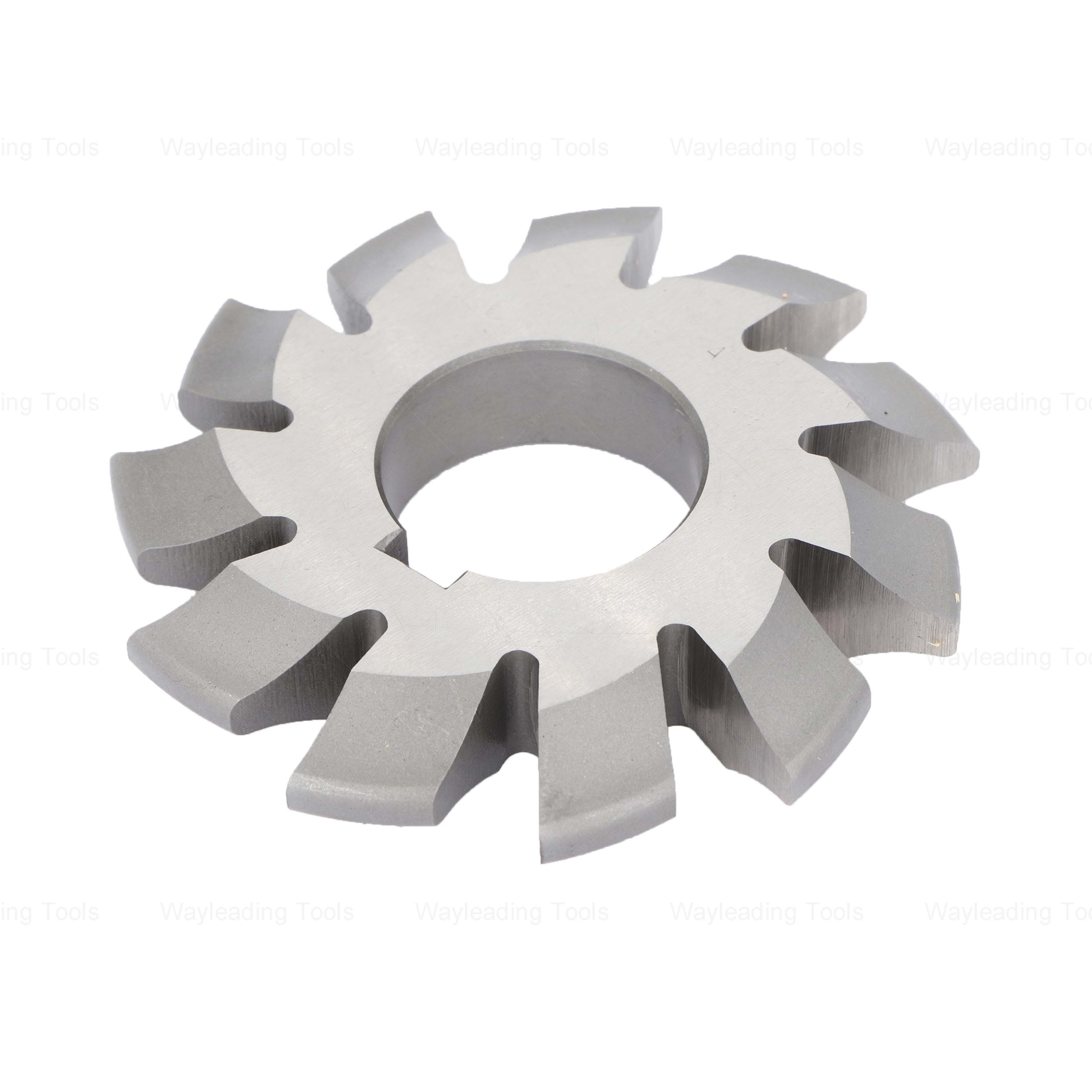 HSS Involute Gear Cutters – Module Type, PA 20° / 14.5°
HSS Involute Gear Cutters – Module Type, PA 20° / 14.5° -
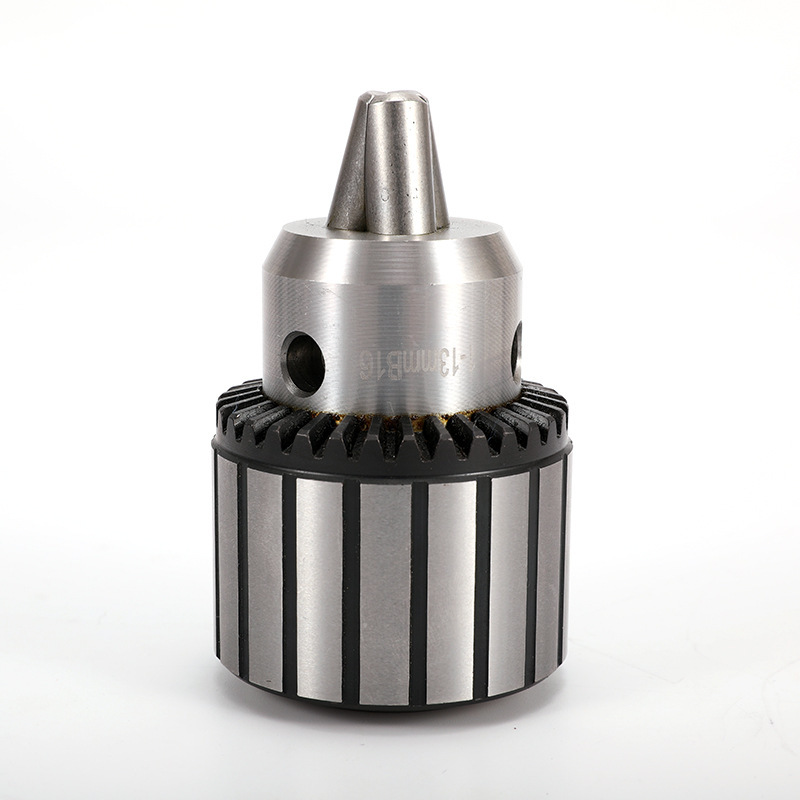 Key Type Drill Chuck With Heavy Duty Type
Key Type Drill Chuck With Heavy Duty Type -
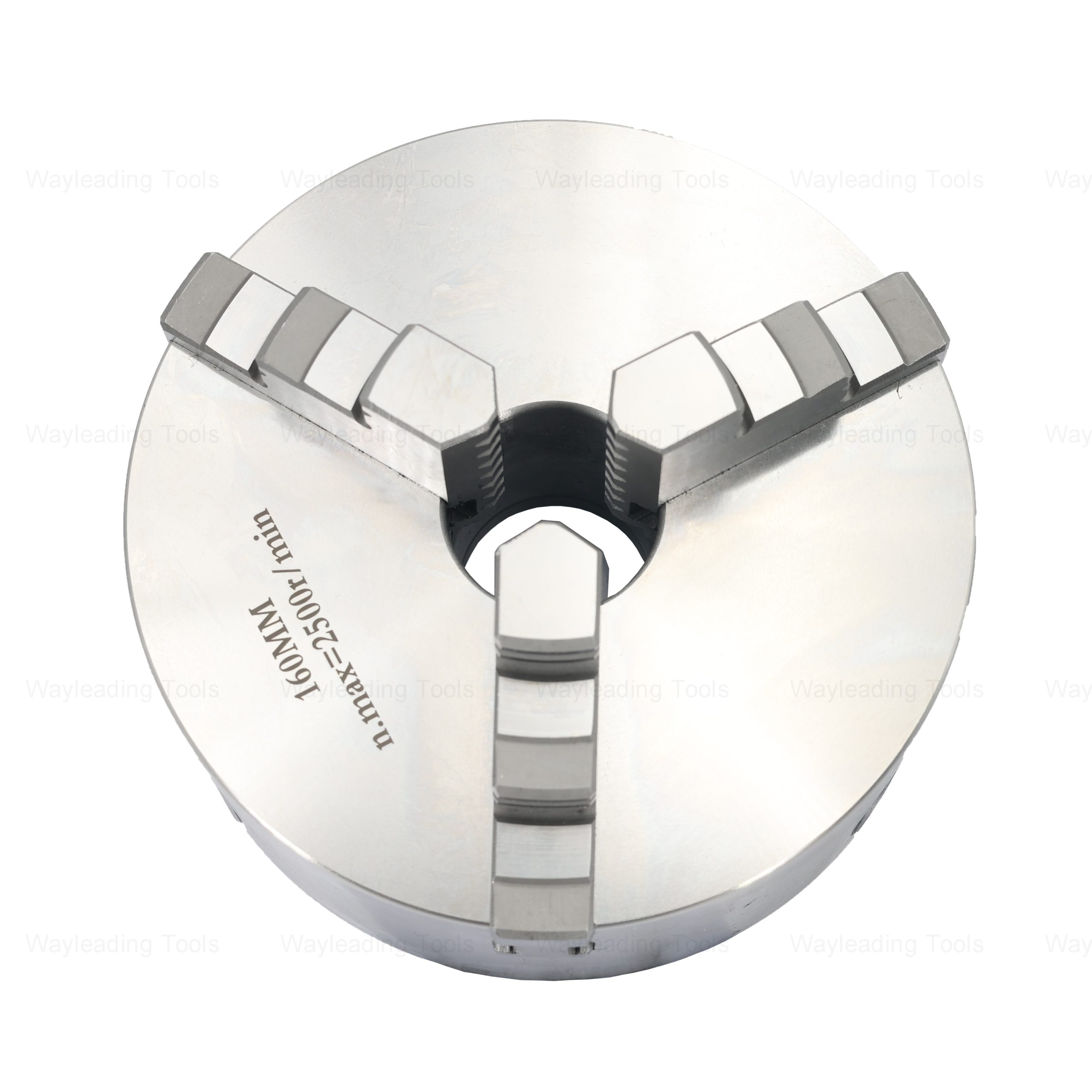 K11 Series 3-Jaw Self-Centering Lathe Chuck – Scroll Type, for Manual Lathes
K11 Series 3-Jaw Self-Centering Lathe Chuck – Scroll Type, for Manual Lathes -
 Electronic Digital Height Gauge From 300 to 2000mm
Electronic Digital Height Gauge From 300 to 2000mm -
 Precision IP54 Digital Outside Micrometer Of Inch & Metric With Data Output
Precision IP54 Digital Outside Micrometer Of Inch & Metric With Data Output -
 Precision Dustproof Dial Caliper Of Double Shock-Proof For Industrial
Precision Dustproof Dial Caliper Of Double Shock-Proof For Industrial -
 Carbide Tipped Hole Cutter For Cutting Stainless Steel And Iron Or Steel Plate
Carbide Tipped Hole Cutter For Cutting Stainless Steel And Iron Or Steel Plate -
 Vernier Height Gauge With Magnifier With Adjustable Main Bean
Vernier Height Gauge With Magnifier With Adjustable Main Bean -
 Stub Milling Machine Arbor With NT, R8 and MT Shank
Stub Milling Machine Arbor With NT, R8 and MT Shank




